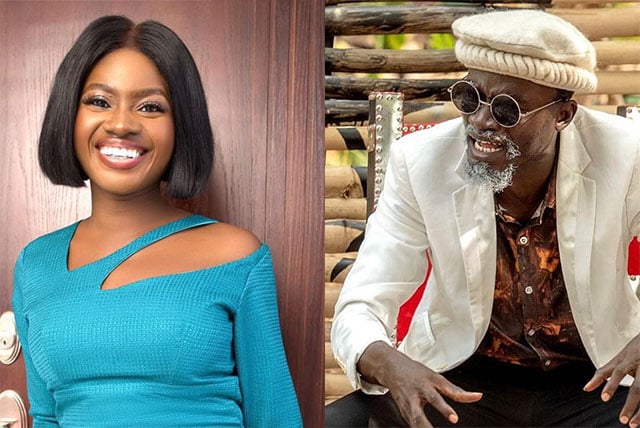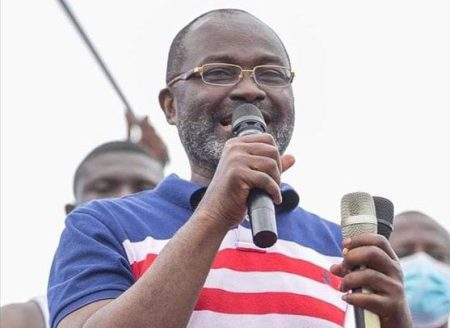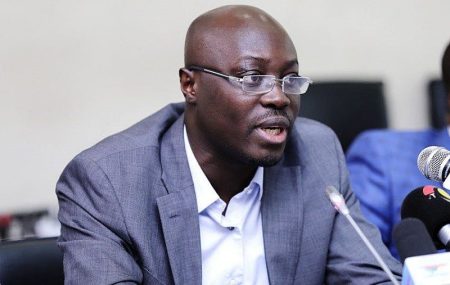The High Court in Accra has been dealing with the defamation lawsuit filed by actress Martha Ankomah against Kumawood actor Kwadwo Nkansah, popularly known as LilWin. The lawsuit amounts to GH¢5 million and stems from accusations made by LilWin in a viral video, where he made derogatory remarks about Ankomah and diminished her importance in the film industry. Ankomah has asserted that LilWin’s comments wrongly alleged that she was unwilling to collaborate with Kumawood actors due to what she described as their substandard storylines. This accusation has not only hurt her personal reputation but has also negatively impacted her association with notable brands including GTP.
Initial attempts to reach an amicable resolution through an out-of-court settlement seemed promising in July 2024, prompting an adjournment of the case to allow for further negotiation. However, during a subsequent court session on October 15, 2024, the situation took a turn. Martha Ankomah’s lawyer, Nii Apatu Plange, informed Justice Forson Agyapong Baah that LilWin had shown no willingness to settle the matter outside of court. Plange noted that proposals made to a third party to mediate the discussions yielded no favorable response from the defendant and therefore requested that the case move forward to trial.
Justice Baah agreed to the request and adjourned the proceedings to November 5, 2024, for further hearings. Notably, during this hearing, LilWin was conspicuously absent, which raised questions about his commitment to the legal process. The lack of legal representation for him indicating a disregard for the court’s proceedings may also suggest an unwillingness to resolve the matter amicably. In stark contrast, Martha Ankomah attended the court session, underscoring her determination to seek justice and rectify the damage done to her reputation and brand partnerships through LilWin’s comments.
Filed on February 14, 2024, the lawsuit represents more than just a personal grievance for Ankomah; it underscores the importance of public image for individuals in the entertainment industry. Bearing significant weight in the discourse on defamation, Ankomah’s legal battle highlights the lengths to which public figures must go to protect their professional integrity against potentially harmful statements. By bringing forth this lawsuit, she aims not only for financial restitution but also to assert her standing in the film industry, rebuffing any narratives that unnecessarily undermine her career and contributions.
The implications of this case extend beyond the individuals involved, potentially influencing the broader entertainment landscape in Ghana. As discussions about accountability in public discourse continue to arise, the outcome of Ankomah’s lawsuit could set a precedent regarding how defamatory comments are treated in the public eye, especially within the dynamic realm of social media where content can swiftly gain traction. The anticipation surrounding the trial underscored by the failed attempts at settlement signals the seriousness with which both parties are approaching this conflict.
In conclusion, the legal saga between Martha Ankomah and LilWin reflects an increasingly critical discourse surrounding defamation and reputation management in the contemporary digital age. As both sides prepare for the upcoming court hearings, the outcome will likely resonate within the film industry and among the public, potentially altering the landscape of interactions within the entertainment sphere. The commitment demonstrated by Ankomah to pursue her lawsuit illustrates her dedication to maintaining not only her own reputation but also the integrity of the industry’s standards when it comes to accountability for public comments.














